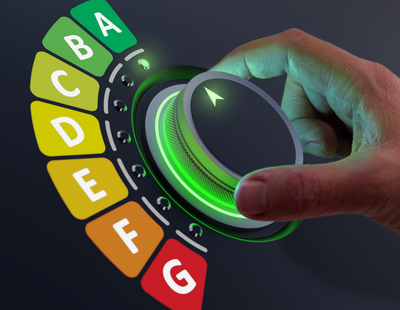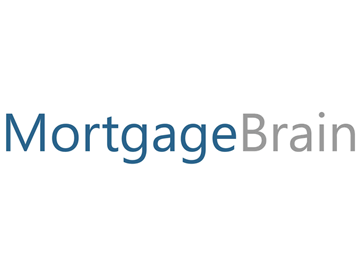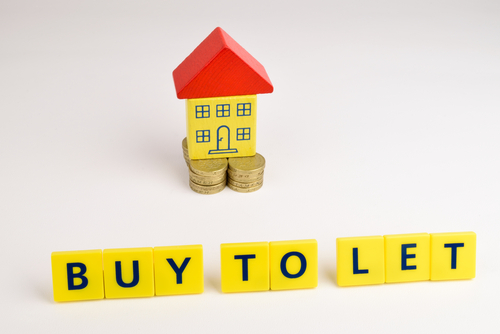
The latest sentiment survey by Knight Frank saw the demand for electric vehicle charging points continue, and 35% of respondents rating rising energy costs as the biggest influence when buying an energy-efficient home.
Key survey findings were:
- 76% of respondents rate a domestic electric vehicle charging point as more or equally important as it was a year ago.
- 35% rate rising energy costs as the biggest influence when buying an energy-efficient home
- Just 17% of homeowners plan to install a heat pump
Although the government’s Energy Price Guarantee has placed a cap on the scale of recent energy price rises, average seasonal bills are still estimated to have almost doubled since last winter.
Alongside the rising cost of borrowing, it means the energy performance of a home is now central to buyers’ decision-making.
Asked which factor was most likely to influence their decision to buy a more-energy efficient home, 35% said rising energy costs (see graph below).
“While environmental concerns are a consideration for many home buyers, it is the record-breaking cost of energy that is dominating most buyers’ thinking at present,” said Chris Druce, senior research analyst at Knight Frank.
“Although wholesale energy prices are expected to fall back later this year, it is unlikely that buyers’ mindsets will change quickly,” Chris added.

The prospect of future environmental regulations affecting the value of inefficient homes was the second most popular response polling 20%, while 18% of respondents stated a preference to own a greener home and said, if necessary, they would pay more for it.
The survey also found that more than three-quarters of people (76%) thought having access to an electric vehicle charging point was either more or equally important as a year ago.
Substantive measures
The energy efficiency of England’s housing stock has improved over time. However, despite the government’s stated ambition to upgrade all homes to an Energy Performance Certificate (EPC) rating of C by 2035, more than half of existing houses carry a rating of D or below.
While cost remains a barrier for some to make changes, improving your home’s EPC rating could increase its value by as much as 20%, analysis by Knight Frank found.
When asked what improvements homeowners plan to make to improve the energy efficiency of their homes, half cited energy-efficient lightbulbs. More substantive measures included fitting double or triple glazing; draught-proofing; and loft or roof installation, which all polled 38%.
Despite the government putting heat pumps at the centre of plans to decarbonise UK households –gas boilers will no longer be fitted in new-build properties from 2025 - just 17% of survey respondents said they intended to install one.























Join the conversation
Be the first to comment (please use the comment box below)
Please login to comment